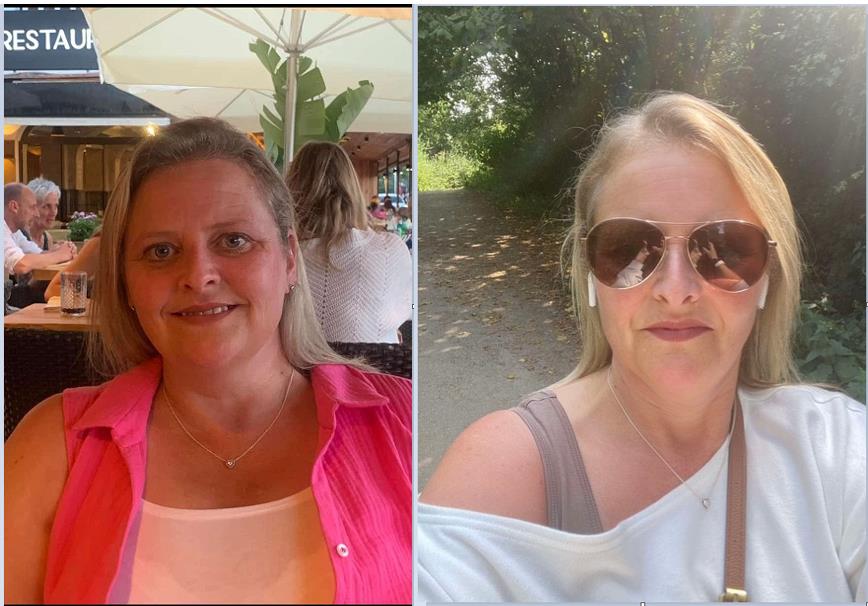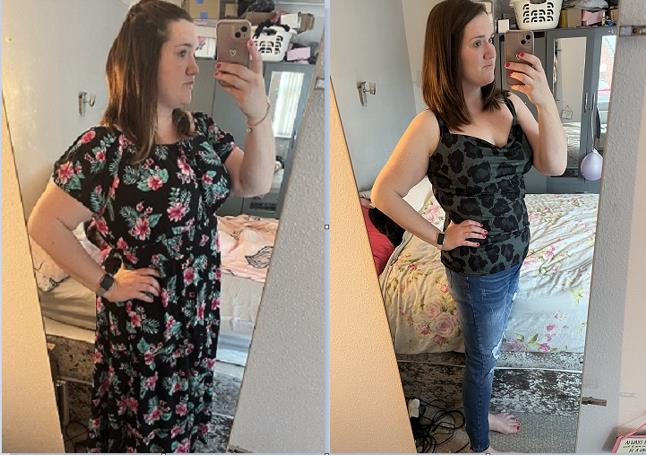9–15 June 2025 marks Diabetes Week, and the NHS in Lincolnshire is encouraging everyone to learn more about Diabetes – a condition that affects millions across the UK – and to take advantage of the support services available locally.
Understanding Diabetes
Diabetes occurs when blood glucose (sugar) levels become too high because the body can’t use insulin properly or doesn’t produce enough of it. It can lead to serious health complications if not diagnosed and managed early.
More than 4.6 million people in the UK are currently living with Diabetes. Around 1.3 million people may have Type 2 Diabetes but don’t yet know it. An estimated 6.3 million people in the UK are living with ‘pre-Diabetes’ which, if left untreated, can develop into Type 2 Diabetes.
Spot the Signs
If you’re experiencing any of the following symptoms, it’s important to speak to your GP:
- Frequent urination, especially at night
- Increased thirst
- Feeling very tired
- Unexplained weight loss
- Genital itching or recurring thrush
- Slow healing wounds
- Blurred vision
Early diagnosis and treatment can help reduce the risk of serious complications such as heart disease, kidney damage, and vision problems.
Preventing Type 2 Diabetes
While Type 1 Diabetes cannot be prevented, up to 80% of Type 2 Diabetes cases can be delayed or avoided with small, healthy changes to your lifestyle, such as:
- Eating a balanced diet
- Increasing physical activity
- Managing stress and sleep
- Reducing alcohol intake
- Quitting smoking
If you’ve been told you’re at risk or diagnosed with ‘pre-Diabetes’, the NHS Diabetes Prevention Programme can support you in making these changes. You can find out more at www.preventing-diabetes.co.uk.
Here are links to two experiences of the NHS Type 2 Diabetes Path to Remission Programme:
Gemma’s Type 2 Diabetes Remission with the NHS Programme – Lincolnshire ICB
Sam’s Type 2 Diabetes Remission with the NHS Programme – Lincolnshire ICB
Support for Women with a History of Gestational Diabetes
Cases of Gestational Diabetes—a type of Diabetes that develops during pregnancy—are rising in Lincolnshire. Women diagnosed with this condition are supported by their midwife, GP, or consultant throughout pregnancy and can access the NHS Diabetes Prevention Programme after birth to reduce their risk of future Type 2 Diabetes. Visit: NHS England » How to access the Healthier You: NHS Diabetes Prevention Programme if you have gestational diabetes mellitus (GDM).
The NHS Type 2 Diabetes Path to Remission Programme (T2DR)
This free NHS programme helps eligible adults manage Type 2 Diabetes and lose weight through a structured plan involving:
- A 12-week low-calorie diet (soups and shakes)
- Ongoing lifestyle support for a year
- One-to-one coaching (in-person or digital)
- Close monitoring from your GP team
Research shows that many participants lost over 10kg and significantly improved their blood sugar levels, with nearly half achieving remission.
Eligibility criteria for T2DR:
- Aged 18–65
- Diagnosed with Type 2 Diabetes in the last 6 years
- BMI over 27 (White ethnic groups) or over 25 (Black, Asian, or other ethnic groups)
- Not currently using insulin
Speak to your GP or Diabetes team to see if you are eligible.
COVID-19 and Diabetes
People with Diabetes are more vulnerable to serious illness from COVID-19. It’s vital to attend your COVID-19 vaccinations when invited, including both initial doses and boosters.
You’re Not Alone – Help is Available
Philippa Brown, Diabetes Prevention Officer at NHS Lincolnshire ICB, says:
“If you have symptoms or concerns, speak to your GP or midwife. Getting the right support early can make a big difference. Being diagnosed with Diabetes can feel overwhelming, but there is help available—and you’re never alone.”
Support services are available through Diabetes UK. You can also call their helpline on 0345 123 2399 (Mon–Fri, 9am–6pm) or email helpline@diabetes.org.uk .
Take charge of your health this Diabetes Week. Whether you’re living with Diabetes, at risk, or supporting someone who is, the NHS in Lincolnshire is here to help.
For more information about services and programmes, speak to your GP practice team or visit Diabetes – Lincolnshire ICB.

